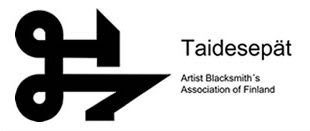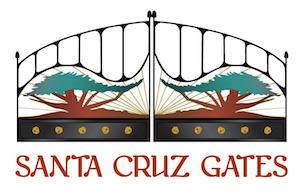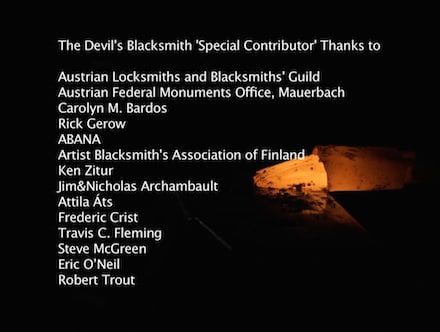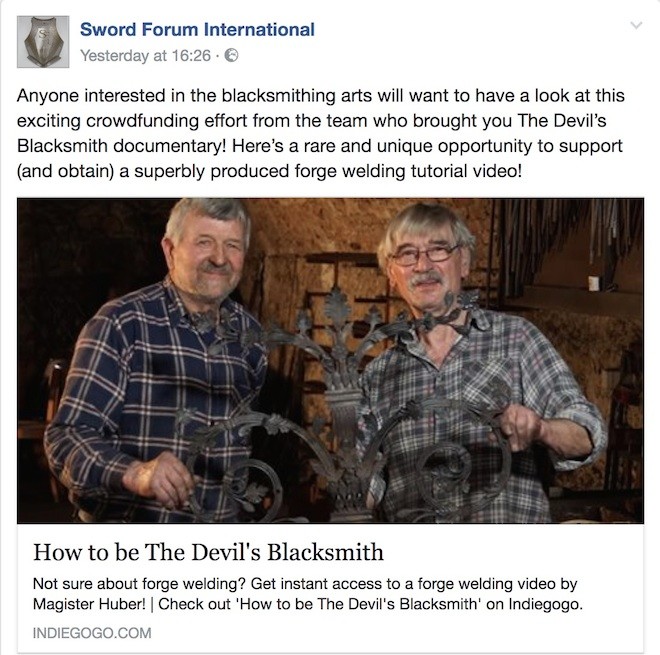The Basics of Forging – Blacksmithing 101 Series – DVD
35 $
Video tutorial chapters
- Drawing down – lengthening the workpiece
- Spreading
- Shouldering
- Upsetting
- Punching
- Splitting
- Making simple decorative elements (knob, leaf)
Running time: 83 minutes
35 $
Running time: 83 minutes
Please help our cause by supporting our video projects with $35 and get a ‘The basics of forging’ DVD
Running time – 83 minutes
ZOLTÁN TAKÁTS, Hungarian artist blacksmith was born in Pécs, Hungary in 1949. He graduated as a goldsmith from the Pécs High School of the Arts in 1968. Having worked as an apprentice for a blacksmith, he became an agricultural blacksmith in 1970. In 1972 he built his own studio and workshop in Pilisborosjenő, where he continues to work to this day.
In 1974 he received the title of Young Master of Folk Art and then the title of Master of Folk Art in 1980. Since 1986 he has been a member of the Hungarian Artists’ Association. He is a founding member, and from 1992 to 2019 the guild master of the Hungarian Blacksmith Guild.
Since 2006 he has been a member of the Folk Art Evaluation Committee. As part of a commission from the National Institute of Vocational Education, the Chamber of Industry and the Ministry of Education he has written educational materials for the basic and advanced courses and their respective exams on the subject of ornamental blacksmithing. He has taken part in numerous solo and group exhibitions in Hungary and in several European cities since 1971. When not exhibiting alone, his wife, the goldsmith Ágnes Bartha, primarily joins him.
ZOLTÁN TAKÁTS
MIHÁLY BARTOS, blacksmith, metal conservator, was born in Budapest in 1981. After finishing his academic studies in 2005, he started learning hand forging in the workshop of András Jeges, artistic object conservator and blacksmith, where he spent 3 years. He elaborated his forge welding knowledge at the courses of Walfrid Huber, Austrian artist blacksmith.
After passing the exam of the Hungarian National Museum, he became a qualified metal conservator in 2011. He has been a member of the Hungarian Blacksmiths Guild since 2009, and nowadays is the clerk of the guild.
He mainly works on restoration of historical buildings, monuments and works of art, and also makes reconstructions for museums and private collections. His areas of interest include lock mechanisms and fine detailed forged works.
Mihály Bartos
Thank you for your contribution!
Keeping the blacksmith traditions alive has always been the primary aim of the Hungarian Blacksmith Guild. In Hungary not only has vocational training for the blacksmiths ceased to exist, but this profession has also been removed from the official list of occupations. Some might say that this noble profession, dating back more than 4000 years, is virtually dying. As a result, it is up to those handful enthusiasts who cultivate the blacksmith profession and those with ardor interest for the trade to reverse this judgement.
This is why in 2019 we decided to make a series of educational videos. We want to help those who are not only interested, but are willing to make an effort and learn this beautiful yet difficult profession. In our films we present you the tricks of the trade: what it takes to get from the basics to the master level. We have put together an easy-to-follow, step by step guide that anyone can follow. If you aquire the basic tools, devote enough time, effort and energy to these forging exercises, you will attain the lore of the blacksmith.
Our FIRST FILM in the series encompasses the basic techniques of forging. We start with the basics, namely how to stand beside the anvil, how to hold and handle the hammer properly to achieve an efficient hammering technique. Then we will go through the basic techniques of a blacksmith, such as stretching, widening, shouldering, upsetting, punching and splitting. With these you will learn how to manipulate and re-shape any workpiece.
The SECOND FILM in the series showcases the creation of those simple forged objects, which in Hungarian tradition were made by the blacksmith’s apprentice. By making these small tools you can practice the basic techniques while creating useful yet fine objects. At the same time, these exercises will provide you a good example of developing simple operational sequences from the aforementioned basic techniques.
In the THIRD FILM of the series we present you the techniques to make forging tongs: one of the most important tools of a blacksmith, alongside the hammer and the anvil. Blacksmiths make a lot of their tools themselves. Among these, forging tongs are the most significant ones, as you could only buy these from other blacksmiths or purchase them at scrap metal yards. This is why it is very important that those who want to practice blacksmithing learn the characteristics of a good tong and the process of forging tongs at an early stage. With this you will be able to make the right tool for each of your new tasks. In addition, making tongs is an excellent way of practicing your basic forging techniques, providing you with further opportunities to develop simple operational sequences from the already mentioned basic techniques.
We truly appreciate the amazing support of several blacksmith associations, blacksmith colleagues and non-blacksmith friends worldwide on our previous blacksmith video projects. We’re truly honoured.
Education Center of Austrian Federal Office for Monuments Care, Mauerbach
Black Bear Forge – John Switzer
![]()
Artistic Anvil – Travis C. Fleming
Artist Blacksmith’s Association of Finland

Jim and Nicholas Archambault – Elite Custom Ironworks

Eric O’Neill – Killuragh Kraftworks

Russel Jones – Santa Cruz Gates

The Devil’s Blacksmith documentary


| Region | NTSC (US, Canada), PAL (Europe, Australia) |
|---|